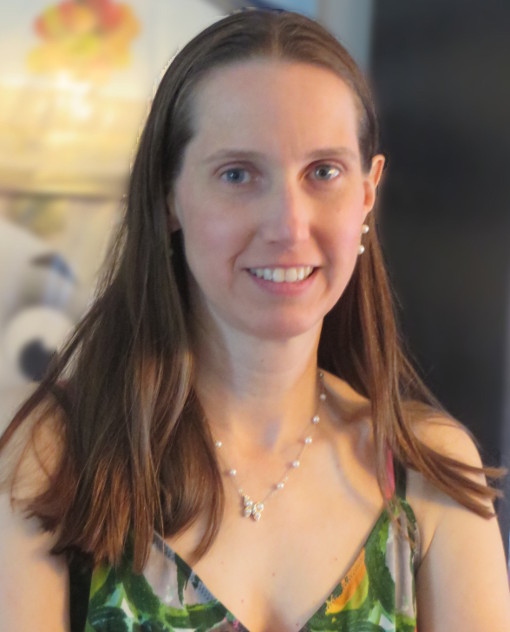
Woman at desk. Clip Art / Copy Free Art from the 1800's by Women: A Pictorial Archive From Nineteenth-Century Sources
Charlotte Bronte's novel Shirley is a must read for people interested in the topics of: economic justice; Occupy Wall Street ideas; women's social history; feminism; war and peace; and charity. Bronte's second published book, coming on the heels of the success of her Jane Eyre, is another masterpiece, full of drama and surprises, with some radical politics, and an extra heroine thrown into the mix.
Why haven't many people heard of this book? One set of reasons can be traced to the structure of the book, while another set of reasons relates to suppression due to the political climate of the 1840's, when it was published, through to today.
The book is set in 1811 and 1812. The opening chapter is somewhat laborious. And, the chapter is even more difficult for modern readers to wade through, because it is a character sketch of curates in England in the early 1800's. Though, later in the story, this chapter will have laid groundwork to show political and romantic relationships. And, if you can muddle through the first chapter, there is great value and entertainment in the rest of this book.
Another structural problem with the novel is that there is so much going on in the story, the reader does not encounter the dazzling title character of Miss Shirley Keelder until Chapter 11. Still, Shirley is worth the wait. And, the first ten chapters introduce other interesting characters, such as the lovelorn Carolyn, and the prosperous Mr. York and his entire family.
When the book Shirley was published, in 1849, the name "Shirley" was a decidedly male name. Bronte created this interesting character, Shirley, who was a bold woman, who had been given a boy's name by her parents. And, the woman, as an heiress and free spirit, gleefully takes on some of the roles and identity of a man. Shirley even sometimes refers to herself (in jest) as "Shirley Keelder, Esquire". Charlotte Bronte's fiction was such a cultural success, that she spawned a new generation of girls named Shirley, and our current identification with Shirley as a female name. [1] That change is a powerful bit of feminism. Shouldn't a book that has accomplished such a feat be in the feminist literary and feminist historical canon?
This book also has another value for literary historians. There are many admirers of Charlotte's sister, Emily Bronte, author of Wuthering Heights. Emily died young, leaving only that one book behind. In reading Shirley, Emily Bronte fans can enjoy a glimpse of their favorite author: Charlotte Bronte told her biographer that the character Shirley was "what Emily Bronte would have been had she been placed in health and prosperity."
Another political tension with this book, is that it explores, in a thoughtful and layered way, the battle between the businesspeople of the industrial revolution versus the Luddites and the Frame-Breakers. Luddites (some of whom were Frame-Breakers) rejected the new technology of the industrial revolution. Frame-Breakers broke the machinery of the mills as part of their rebellion.
By exploring this historical crisis and moral, the book could become a handbook for people immersed in struggle. It explores strategic and moral questions such as: Is violence justified in political struggle? Which group, class, or government entity should be responsible for taking care of the poor in times of economic upheaval? Should the rich help the poor, and why? Should church people involve themselves in the politics of justice? What are important communication and public relations strategies for groups in struggle?
In addition to these wider social and political plot lines, there are also heartfelt, people-centered plot lines. There is a family with roots in Belgium who tries to assimilate (or not) into English culture. There are Yorkshire characters from every background and class. And, the story contains many sets of lovers. Bronte even shares old love stories, played out until death, that arise from the many character sketches in the book.
The book truly has "something for everyone", as it includes romance, politics, business, war, and personal struggle. And, if you are a devotee of Jane Eyre, it seems only fair to give Charlotte Bronte a second chance to win you over with a good book. Charlotte Bronte's Shirley is truly an overlooked masterpiece, full of wisdom, fascinating characters, and dramatic entertainment.
_____________________________
Questions, battles, and plot lines in Shirley by Charlotte Bronte
Battle of the sexes. How the men and women do and don't work together. Shirley as a liaison between the world of men and women.
Can a character succeed in her public and/or personal life as a man-like woman?
Examining views on women. The success, the motivations, and the outcomes of stances from: distrusting women, dismissing women, hating women, ignoring the feelings of women, being a woman seeking role models among women, being a woman who looks down on other women, being a woman immersed in patriarchy. How families react differently to young girls as opposed to young boys.*
(Note: You can view every article as one long page if you sign up as an Advocate Member, or higher).





